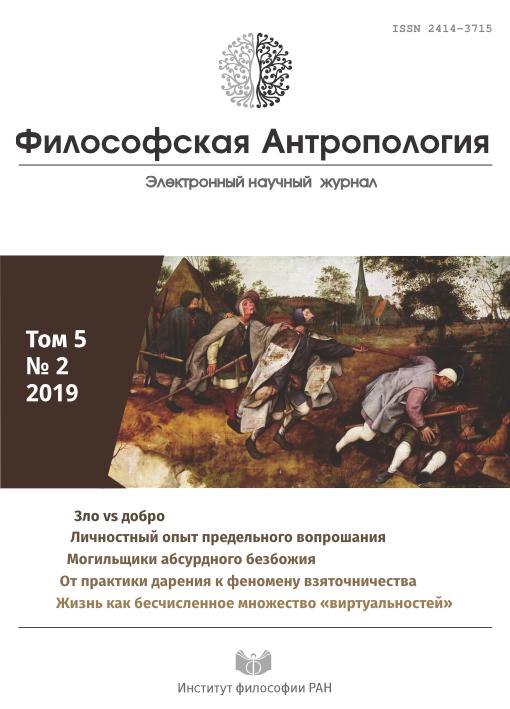Jain Philosophy
DOI:
https://doi.org/10.21146/2414-3715-2019-5-2-136-156Keywords:
Categories, substance-attribute-modus, extensive substances, “doctrine of multifacetedness”, sevenfold predication, doctrine of point of view, Umāsvāti, Kundakunda, Haribhadra, karma, non-violence, liberationAbstract
Jain philosophical tradition is presented from the time of the appearance of the historical founder of Jainism Mahāvīra up to the 17th century when the period of creative development of Jain doctrine was over. Special attention is paid to the categorical construct in Jain ontology and epistemology, noting that the specificity of the philosophical tradition of Jainism lies in the combination of two levels of theorizing — ontological and ethical-soteriological. The epistemology of Mahāvīra’s followers is presented in the context of two basic cognitive approaches — general methodological (consideration of the “doctrine of multifacetedness” and “theory of points of view”) and instrumental (analysis of sources and means of obtaining reliable knowledge, accompanied with a description of the stages of cognition). Jain ethics, which includes an extensive system of regulations and prohibitions, logically follows from the ontological postulates of Jainism and serves the correct application of methods of cognition in practice.

